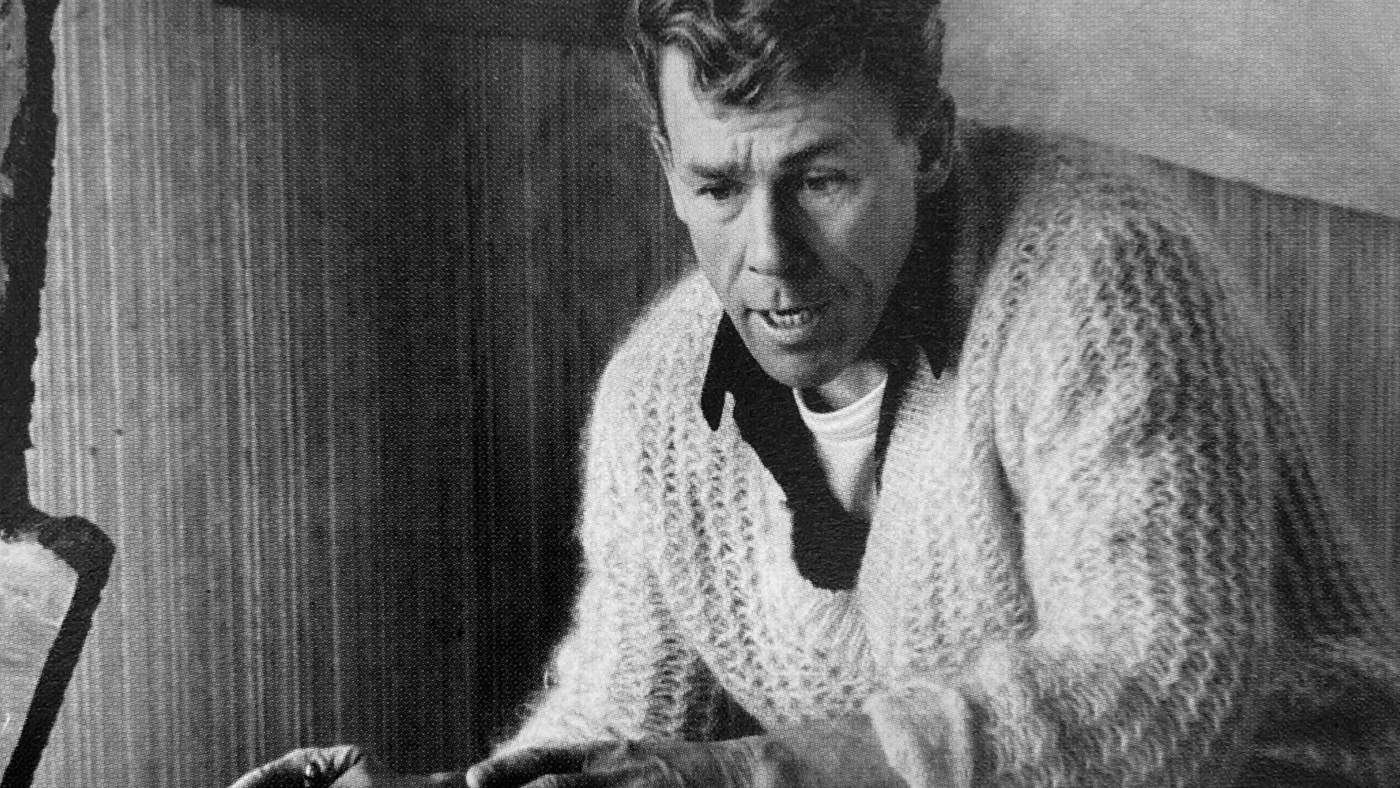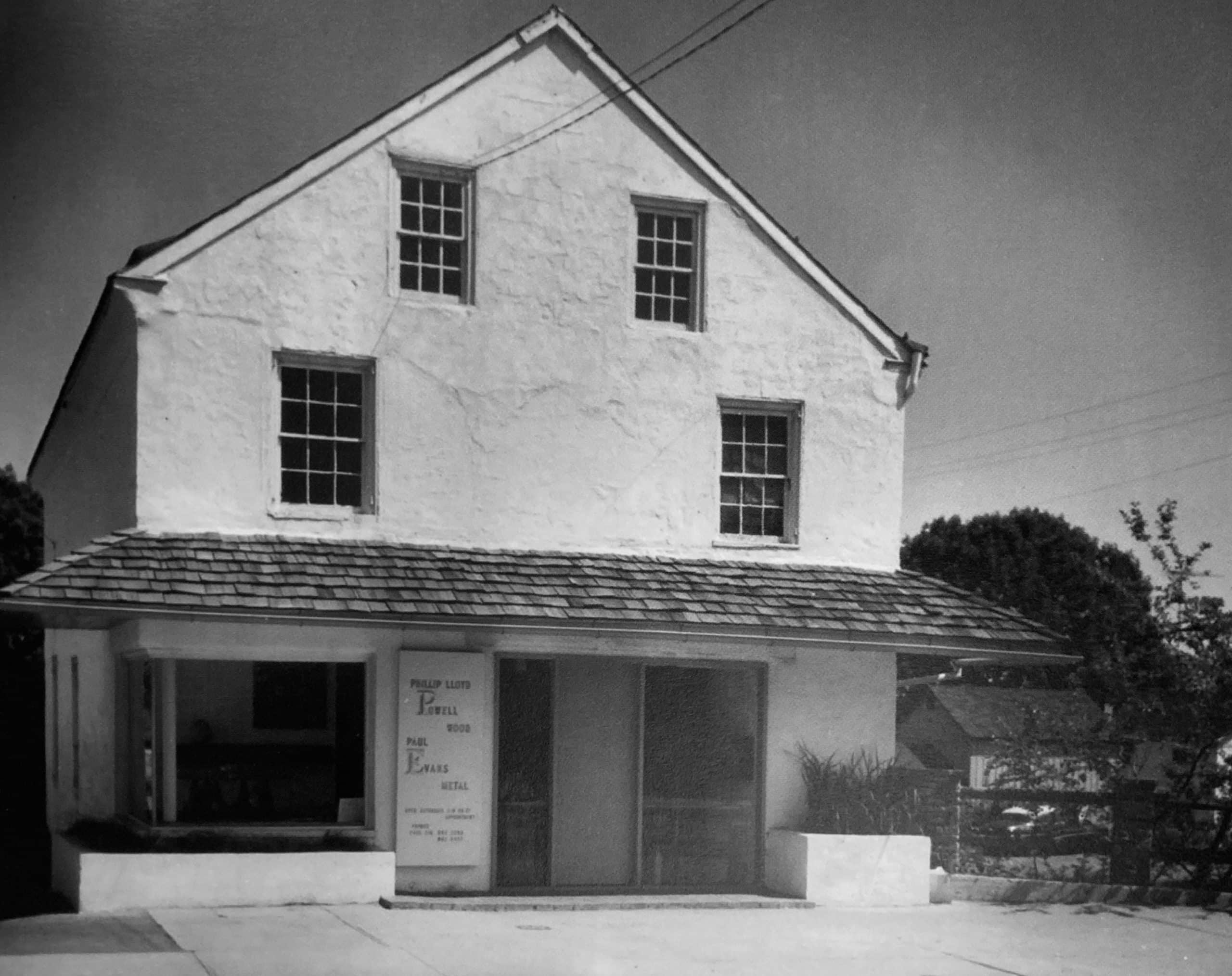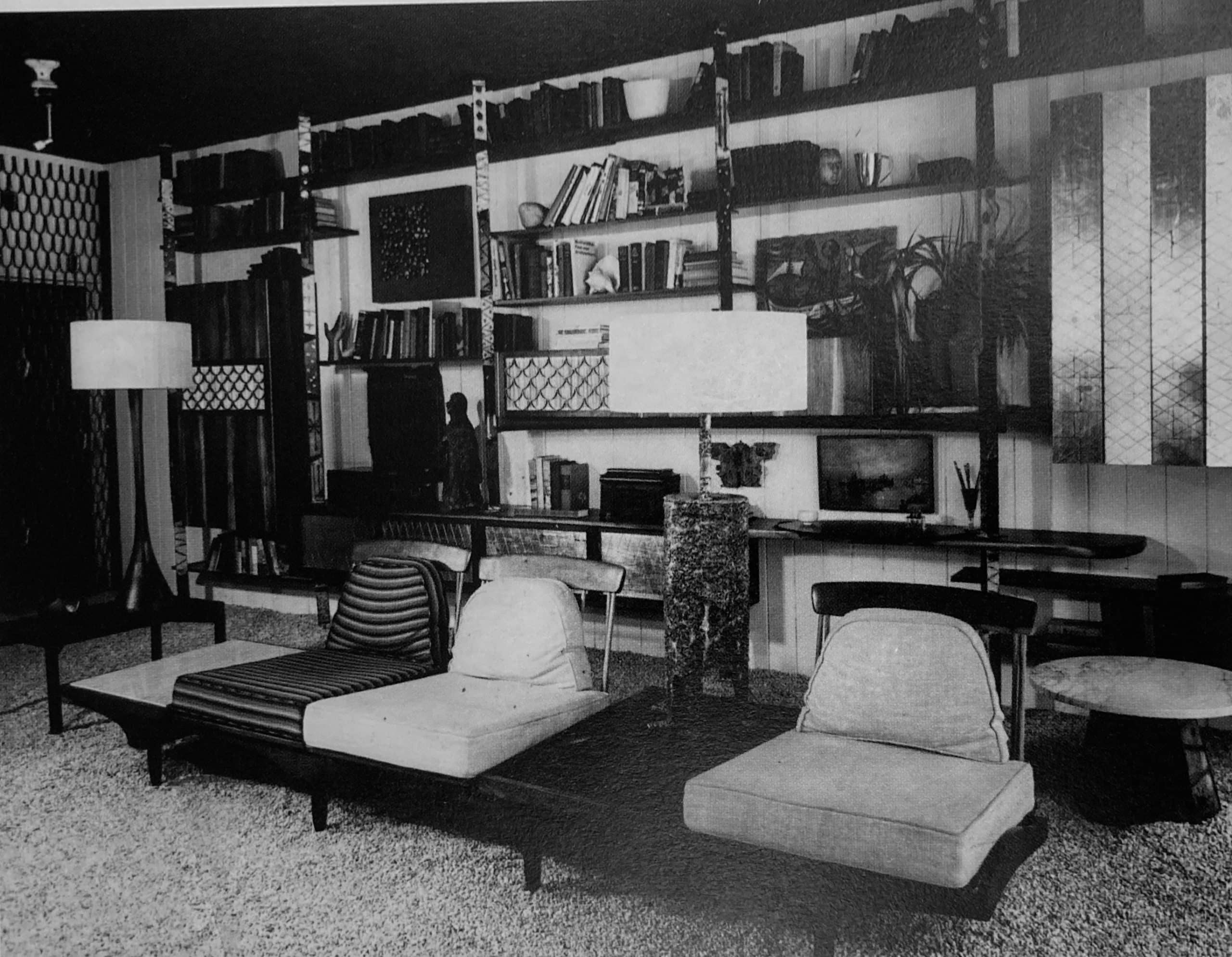Unveiling the Organic Elegance of Phillip Lloyd Powell: A Hidden Gem in American Craft Furniture

Unveiling the Organic Elegance of Phillip Lloyd Powell: A Hidden Gem in American Craft Furniture
Edited by: Christian Answini | Senior Fine Art Specialist
In the vast landscape of mid-century modern design, Phillip Lloyd Powell's name emerges as a beacon of understated elegance and organic beauty. While iconic figures like Eames and Noguchi often command the spotlight, Powell's creations whisper of forest-inspired grace and meticulous craftsmanship. Born and raised in New Hope, Pennsylvania, a haven for American Craft, Powell was immersed in a rich tapestry of artistic expression from his earliest days. This quaint town, nestled along the picturesque Delaware River, nurtured some of the 20th century's most groundbreaking furniture designers.
Living and working in such close proximity to legendary figures like Wharton Esherick and George Nakashima deeply influenced Powell's artistic vision. These masters of their craft, known for their innovative use of wood and organic forms, provided Evans with a rich foundation upon which to build his own unique style. The breathtaking natural beauty of New Hope's landscape, with its rolling hills, lush forests, and serene waterways, became a constant source of inspiration for Powell. The organic shapes and textures found in nature often found their way into his furniture designs, creating a harmonious connection between the man-made and the natural world. This unique environment, steeped in tradition and brimming with creative energy, fostered a design philosophy within Powell that seamlessly blended form and function. His pieces were not merely utilitarian objects, but rather, works of art that elevated everyday living.

Powell & Evans Showroom on Bridge Street in New Hope, PA.
A pivotal chapter in Powell's career was his partnership with Paul Evans from 1950 to 1966. This collaboration pushed both designers to new creative heights, with Powell's organic sensibility complementing Evans' more brutalist tendencies. Their shared passion for materials and handcraftsmanship resulted in truly unique pieces, highly sought after by collectors today. Powell's unwavering commitment to organic forms and natural materials set him apart. In an era dominated by sleek Scandinavian minimalism, he chose a different path, embracing sinuous lines, sculptural shapes, and the warmth of wood. His designs feel both timeless and deeply connected to the natural world, offering a perfect blend of sophistication and earthy charm.

Inside the showroom Evans and Powell shared, 1950.
As the market for mid-century modern furniture evolves, discerning collectors are turning their attention to under-appreciated masters like Powell. His limited production and dedication to handcraftsmanship make his pieces increasingly valuable. Look for signs of hand-tooling, unique wood grain patterns, and clear provenance when seeking out his work. One standout piece to watch for is Powell's modular walnut bench. Its clean lines and adaptable form exemplify his talent for creating furniture that's both functional and sculptural. A rare example of this iconic bench will be featured in our upcoming Mid-Century Modern and Design auction on August 15th at 10:00 AM EST.
.jpg)
.jpg)
With growing awareness of Powell's contribution to American design, the demand for his work is on the rise. Whether you're a dealer or a collector, now is the time to explore the world of Phillip Lloyd Powell and discover the magic that awaits in our auction. Visit alderferauction.com for more information and to register for the auction.










